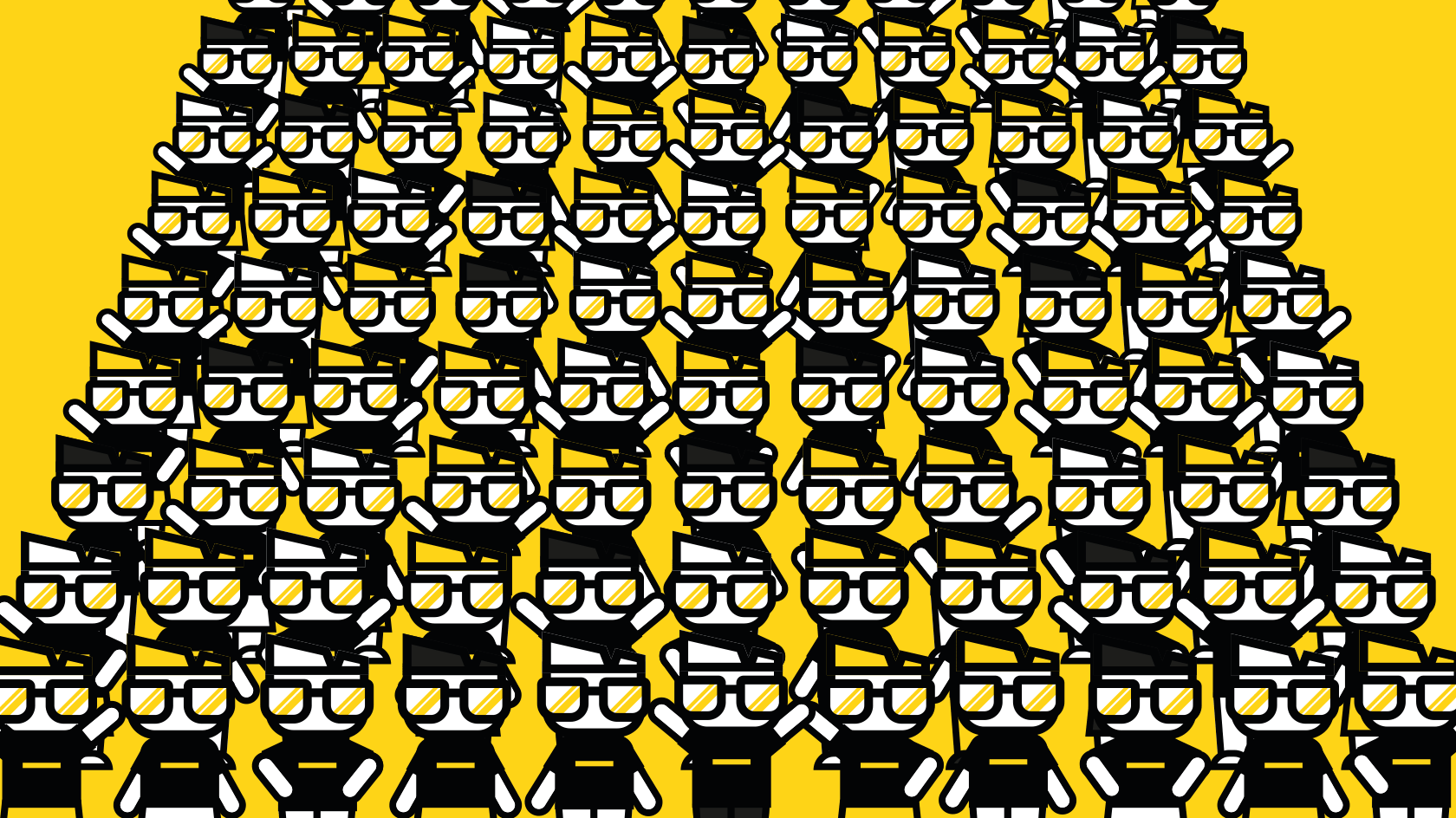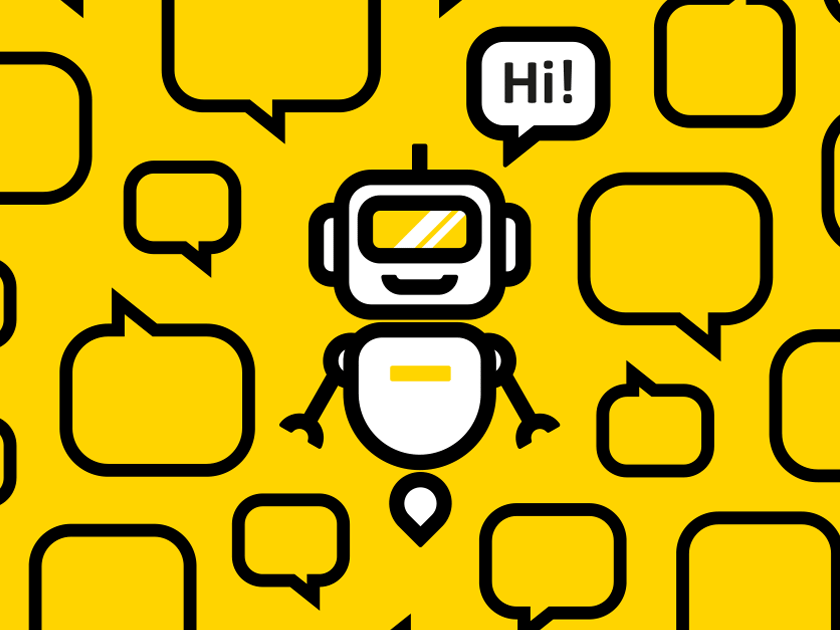Artificial Intelligence - Inconspicuous yet Omnipresent Little Helpers.
We are already assisted by artificial intelligence in many areas of our daily lives - often without even realizing it. Over the next few years, AI will become an even more ubiquitous but still inconspicuous phenomenon.
#Artificial Intelligence
By 2025, the global software market for artificial intelligence (AI) is expected to generate nearly 130 billion dollars. Already, 37 percent of all companies have implemented AI somewhere in their business - representing 270 percent growth over the last four years.
AI is so important that even policymakers are getting involved. The European Commission wants to regulate the use of artificial intelligence and even ban individual applications completely. For example, the use of AI to influence people's behavior to their disadvantage is to be prohibited. Indiscriminate surveillance (facial recognition) and the creation of social point systems, such as those common in China, are also to be banned. In fact, artificial intelligence, when trained with certain data sets, can be used in a very discriminatory and biased way.
Anyone who uses a smartphone also uses AI
Large chip manufacturers such as Huawei and Qualcomm are already producing chips with integrated AI functions. Smartphones and their built-in cameras are brimming with machine intelligence - facial recognition is just the beginning: There is the intelligent assistant that can handle numerous tasks on the phone, while the various picture modes, scene recognition, or the mixing of reality and virtual reality make it possible even for beginners to become decent photographers using a smartphone. When it comes to image processing there are already websites that use AI to ensure better results. It is possible, for example, to remove the background of a subject in seconds - thanks to AI[i]. Of course, this is just a small part of it: A new feature for Pixel phones (called: Hold for me), which is only offered in the U.S. for the time being, makes it possible to transfer a call on hold to the Pixel assistant, who patiently waits for its turn and then lets the owner of the phone know that there is finally someone available on the other end[ii].
Fire, electricity, the Internet - and artificial intelligence
Google CEO Sundar Pichai classifies AI as a very profound and enormously transformative technology. AI will fundamentally change our society, like fire, electricity or the Internet - only more fundamentally, he said in an interview. Indeed, Google as a search engine (with 5.5 billion searches per day) and as a company is a good example of the important role AI has come to play in our lives. AI calculates website rankings for search queries, lets you know which part of a video best matches your search, presents a list of questions and answers that match the search, and makes more advanced search suggestions. Thanks to AI it is very rarely necessary to consider the second page of Google search results.
When other cars learn from your car
The most prominent illustration of AI in everyday life is probably provided by intelligent cars. Autonomous cars were science fiction until recently; thanks to AI and machine learning there is now a fleet of cars on the road around the world that are capable of autonomous driving. In machine learning, computers analyze vast amounts of data to be able to perform certain actions or make predictions. In other words, the computers learn. Elon Musk once put it this way for Tesla: "The entire Tesla fleet works like a network. When one car learns something, so do all the others." Every driver who uses the autopilot system, he said, essentially becomes an expert trainer for the autopilot system. To develop autonomous cars, computers are fed millions of miles of driving videos and data. The ultimate goal is for the car to recognize a wide variety of patterns while driving and react correctly to them.[iii] High-precision maps are also necessary. Tesla produces these itself, mainly with data collected from Teslas already on the road. Teslas travel millions of kilometers worldwide every day - many billions of kilometers in a year. The amount of data thus collected and digested by Tesla is huge.
Dr. AI becomes a reality - as an assistant
There are also more and more AI applications in everyday business: from translation software to computer systems that enable us to have our machines serviced at the right time. AI systems are particularly promising in medicine where they are already being used on a large scale, for example in diagnosing patients, analyzing radiological images, or in drug research. IBM is one of the leading companies in this field and offers IBM Watson as a digital tool for the healthcare sector[iv]. Watson is IBM's portfolio of tools, applications and solutions designed to lower the barriers to AI adoption while optimizing AI deployment outcomes. Watson Health is designed to support medical and clinical research and facilitate healthcare solutions through the use of artificial intelligence. This is exactly the scope of tasks experts predict for AI in healthcare. AI will assist and support physicians, not replace them[v]. Nevertheless, there are forecasts that intelligent technology will soon be able to handle up to 80 percent of doctors' work.
More cybersecurity thanks to AI
AI is also playing an increasingly important role in the fight against cybercrime. Networks are becoming ever more complex, and the cloud makes it possible to connect almost any device. This increases the number of potential vulnerabilities and monitoring IT infrastructures is becoming more challenging all the time. This is where AI can play a very strong role[vi]. Intelligent algorithms are able to analyze modern networks and based on patterns detect processes that are out of the ordinary. This can also be used to analyze behavioral patterns and thwart attacks. A good example of the application of this technology is Microsoft Defender 365, which continuously scans every file in the Outlook 365 drive and, in the event of an emergency, carries out the necessary steps independently and without human intervention[vii].
UMB and IBM can support you on the topic of AI
At UMB, we can also provide you with support on the topic of AI. UMB is the first and largest IBM Platinum Business Partner in Switzerland - with infrastructure, software and solutions - especially in the field of security. UMB is also the only IBM Storage and Power Systems Specialty Elite Partner as well as the most certified IBM partner in Switzerland - with more than 350 IBM certifications. UMB is also a leader in cloud and container technologies. IBM and UMB share decades of successful cooperation.
[i] Remove Background from Image – remove.bg
[ii] How to use the Hold for Me feature on Google Pixel phones | Android Central
[iv] IBM Watson Health | AI Healthcare Solutions | IBM
[v] Why Artificial Intelligence (AI) Won’t Replace Doctors (demigos.com)
[vi] Cyberbedrohung 2022: Wer sich nicht verteidigt, verliert. (umb.ch)
[vii] 5 ways AI and ML will improve cybersecurity in 2022 | VentureBeat



